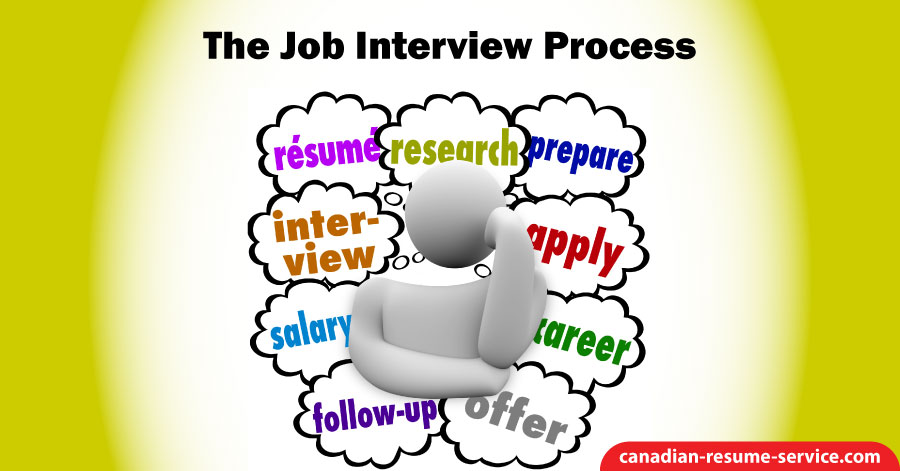Navigating through the job interview process involves several crucial stages. Initially, candidates must submit tailored resumes and cover letters and confidently attend interviews to address inquiries.
Despite these fundamental steps, many applicants tend to neglect additional measures. Often, they fail to recognize the significance of these actions or lack the knowledge to execute them adeptly. However, these supplementary steps can significantly enhance one’s candidacy and increase the likelihood of securing a coveted position. By embracing these extra steps, candidates can distinguish themselves from other applicants, showcasing their dedication and proactive approach to prospective employers.
For instance, proactive follow-up communication after an interview demonstrates continued interest and professionalism. Moreover, networking with industry professionals or seeking informational interviews can provide valuable insights and potentially open doors to new opportunities. These strategic actions can bolster a candidate’s overall job search strategy, making them more competitive in the job market.
Let’s Take a Look at the Stages
Effective Resume Writing
Crafting an effective resume is essential for job seekers. Start by crafting a tailored document that highlights your critical skills and achievements. Ensure your resume is well-organized, with clear headings and bullet points to make it easy to read. While the chronological format is standard, consider other options based on your unique circumstances, such as a functional or combination format.
Regardless of the format, focus on showcasing your most relevant experiences and skills to impress potential employers. Customize your resume for each job application to highlight the most appropriate qualifications. Additionally, seek feedback from trusted colleagues or professionals to ensure your resume effectively represents your strengths and experiences.
Cover Letter Development
Once you’ve polished your resume, crafting a compelling cover letter is the next crucial step. A well-structured template can significantly streamline this process, allowing for easy customization for each job application.
Your cover letter should exude professionalism while succinctly articulating why you’re an excellent fit for the position. Keep it concise, ideally limited to two paragraphs, and briefly introduce your resume to the employer. Additionally, include a strong opening and closing paragraph outlining your career goals and objectives tailored to the job you’re applying for, demonstrating your genuine interest and alignment with the role.
Moreover, personalize each cover letter to reflect your understanding of the company and its needs, highlighting how your skills and experiences align with their requirements. A customized approach shows your dedication and increases your chances of making a positive impression on the hiring manager.
Interview Process
When you receive a phone call to schedule a job interview, it’s crucial to conduct thorough research on the company beforehand. This preparation empowers you to confidently enter the interview room, equipped to ask insightful questions and provide meaningful responses.
Asking well-informed questions demonstrates to your interviewer that you are a serious contender for the position. If you identify areas where you could improve your skills, take proactive steps to enhance them, signaling your dedication to the prospective employer. A positive attitude is palpable during interviews and often sways interviewers toward candidates with optimism and strong skills. Remember, attitude can significantly influence the outcome of an interview, so maintaining a positive demeanor is paramount.
Furthermore, reviewing typical interview questions and practicing your responses is essential. This rehearsal can help you articulate your experiences and qualifications more effectively during the interview. Additionally, consider preparing a list of questions to ask the interviewer, demonstrating your genuine interest in the company and the position. Finally, dress professionally, arrive early, and greet everyone you encounter with courtesy and respect, as these small gestures can leave a positive impression on your potential employer.
Thank-You Letter
Once you’re through with the job interview, an excellent way to remind your potential employer of yourself, in good taste, would be by writing a thank-you letter. As with the cover letter, keep the thank-you letter brief.
Thank you to everyone involved for taking the time to interview you and for considering you for the position. Also, remind them of your available skill set for the job you feel makes you a perfect candidate. A customized thank-you letter looks professional and lets your employer know you are still interested in the position.
The job interview process is about the skills you have to offer and what kind of personality you will be showing up to work with every day.
Taking the correct steps at the right time, as with a simple thank-you letter, will send a positive message and demonstrate that you’re serious about your career and the company you’re applying to.
Need additional help? Reach out to Candace for assistance!

